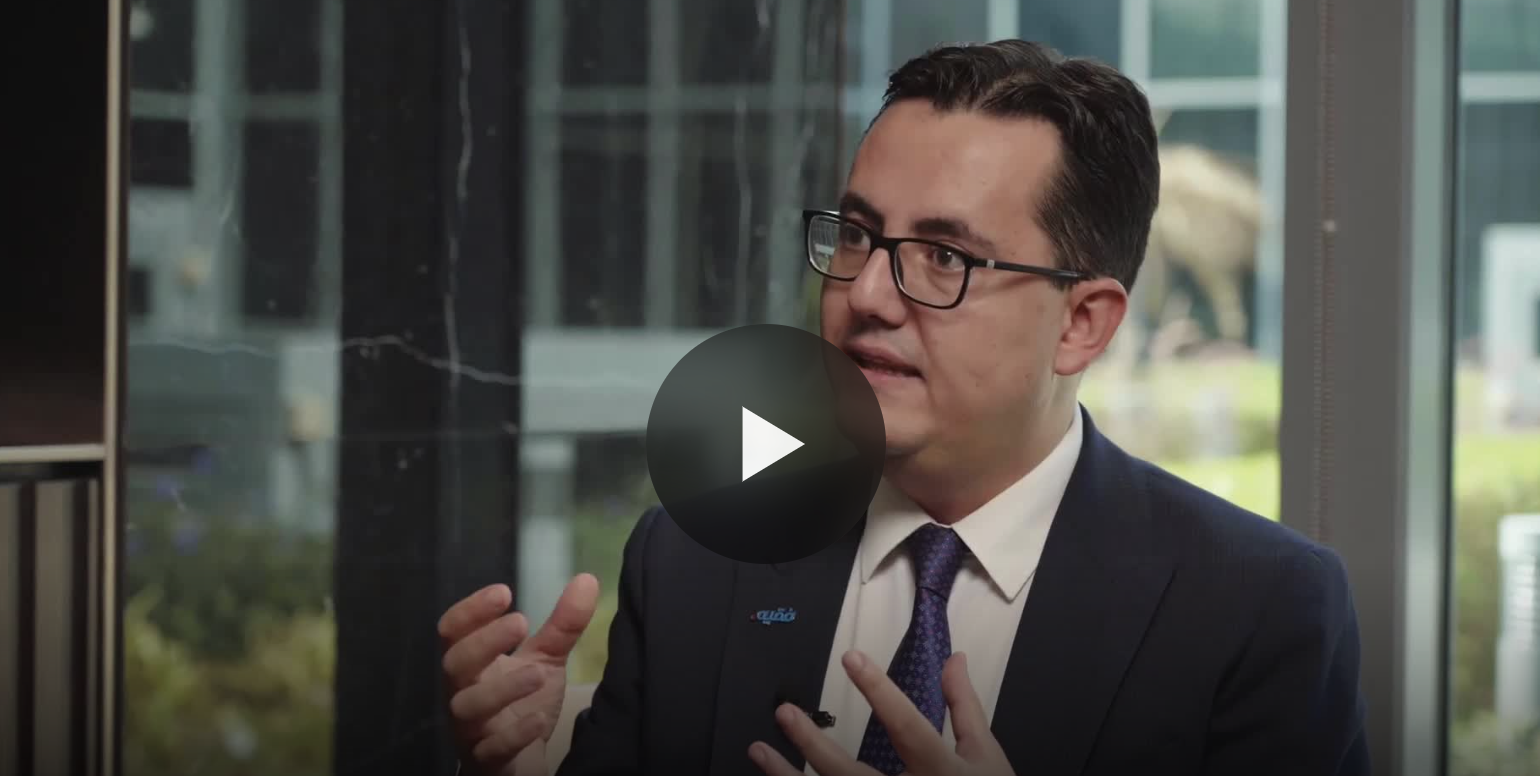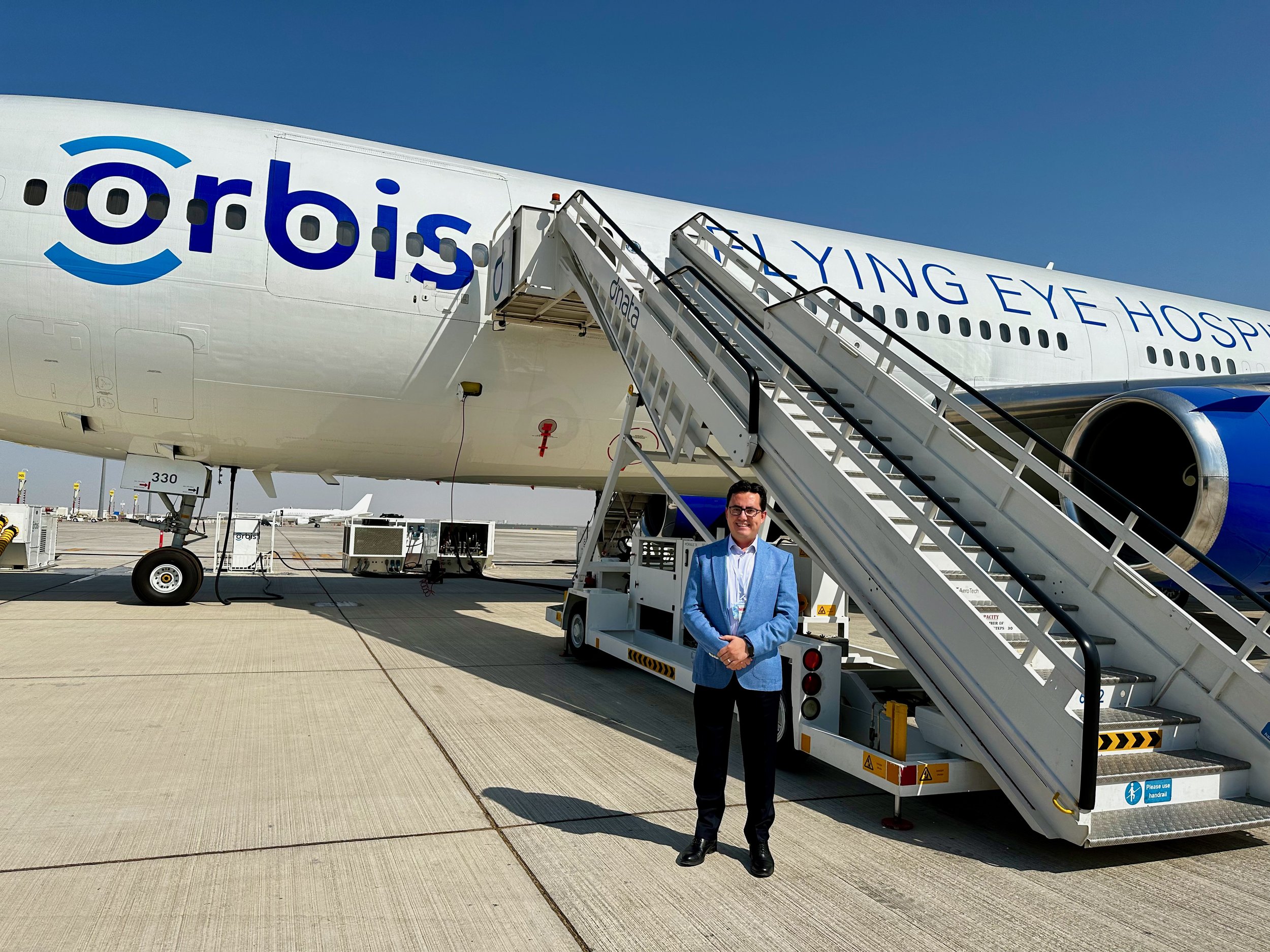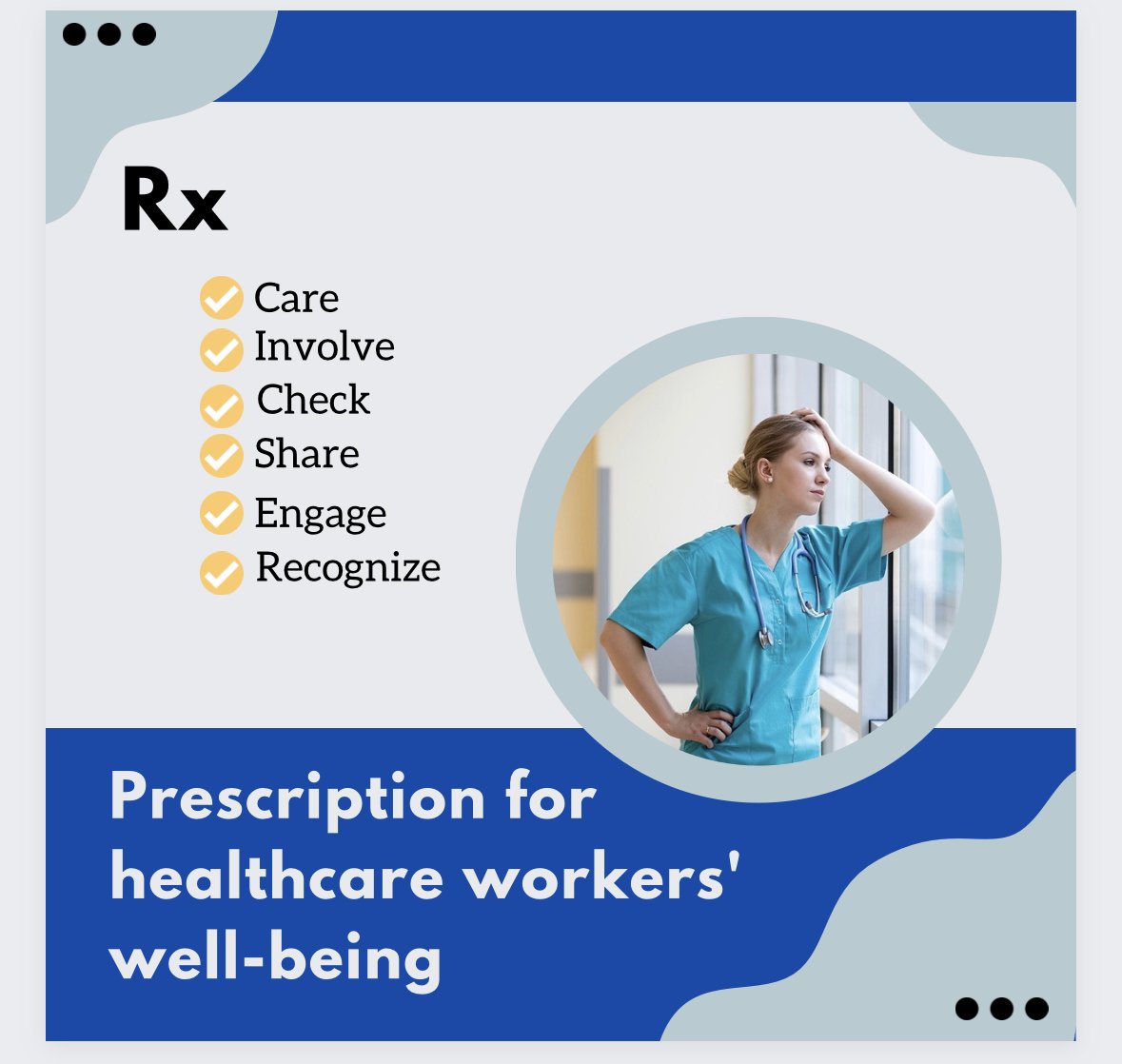International patients need special treatment
Whether it is a treatment requiring a shorter stay or longer-term care, patients and caregivers may experience increased anxiety. A big part of supporting such patients traveling overseas for medical care is anticipating their non-medical needs well in advance and working to provide the desired support and alleviate any anxiety around visas, travel, and accommodation.
Great meeting with the future healthcare leaders
Healthcare leaders can play a crucial role in supporting the future of the industry by sharing their experiences and engaging with young talent. By doing so, healthcare leaders can inspire and motivate the next generation of healthcare professionals, learn from their ideas and perspectives, and create a positive environment for young professionals to thrive. I encourage other healthcare leaders to consider adopting this model of sharing experience and knowledge in their own organizations.
Culture of recognition saves lives
To stay competitive, retain top talent, and deliver on the promise of healthcare results, it is no longer enough to offer the most advanced medical equipment and facilities and to hire the most qualified employees. A positive workplace culture is directly influenced by your recognition strategy. Recognition programs impact turnover and the employee experience.
Orbis Flying Eye Hospital brings together my passions: medical, aviation, and volunteerism
This initiative combines my passions and provides an excellent service to underprivileged people all across the globe. Orbis project teams called and offered me a tour of the flying eye hospital. It was a fantastic learning opportunity for me and an experience to see what individuals can accomplish when they work together for a good cause.
There are 338 million individuals worldwide who are blind or have moderate-to-severe visual impairment. 77% of these are totally avoidable or curable.
Prescription for healthcare workers' well-being; Care, Involve, Check, Share, Engage, Recognize
The well-being of health staff has a direct impact on patient safety, result, operational efficiency, and sustainability. We have noticed an increase in burnout instances globally during pandemics, although burnout in healthcare was always an issue prior to Covid. Burnouts can be caused by dynamic changes in care models, staff shortages, and a variety of socioeconomic, cultural, structural, and organizational factors.
Is omnichannel engagement a rocket science for the hospitals?
The COVID-19 epidemic has impacted many elements of daily life, including how we presently acquire healthcare and how it will be consumed in the future. An omnichannel approach provides the patient with more alternatives for contacting a doctor and resolving their issue than the traditional method. Those who have had previous digital engagements with other firms expect a similar approach from hospitals. Our patients are accustomed to managing their banking requirements with a simple app, ordering anything from markets using an app, receiving education through virtual schools, and contacting any type of helpdesk through video conversations.
Healthcare Workplace in Metaverse
The metaverse is a parallel world or visual representation of reality that is created by combining reality (AR), virtual reality (VR), or mixed reality (MR) technology with artificial intelligence (AI). A combination of these technologies is expected to help healthcare professionals in a variety of ways in the healthcare sector. Coming metaverse services will have a huge impact on medical training, surgical procedures, and patient management.
Podcast: The Hidden Benefits of ESG for the Healthcare Industry
We cannot operate our company while ignoring any stakeholder. There are several emerging topics, and ESG is not a fancy necessity; nonetheless, it is a must for all business industries. I'm grateful to Sophia Kee and Rémy LEVASTRE for inviting me to the #Anticipate podcast.
It is all about experience
In my management model, I prioritize all stakeholder experiences, including those of patients, employees, visitors, shareholders, governments, and vendors. The amount of experience of each of these stakeholders will determine the level of the hospital and operation.








